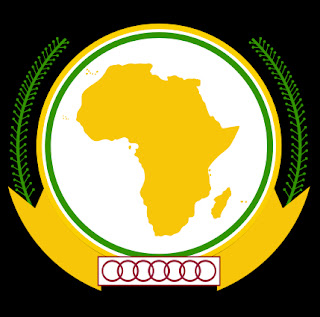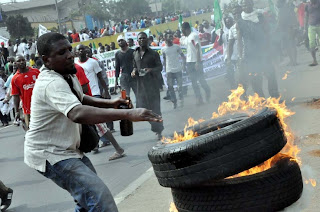Preparation Time: 20 minutes ~ Cooking Time: 40 minutes ~ Serves 4 portions
INGREDIENTS5 medium cox apples
170g / 6oz granulated sugar
170g / 6oz butter or cooking margarine
280g / 10oz Self-raising flour
1 teaspoon of cinnamon
COOKING EQUIPMENT
1 Medium-sized oven-proof dish
Scales
Fork
Wooden spoon
METHODPre-heat your oven so that it is hot and your pie willl start baking immediately. Set the heating to 180°C / 350°F / Gas Mark 5, slightly lower (170°C / Gas Mark 4) in a fan oven.
Make the 'crumble' mixture using your hands ~ the flour, magazine, butter, half of the cinnamon and two-thirds of the sugar until the mixture resembles bread crumbs.
Peel the apples and cut each one into four parts. Cut out the core from each of the sections
Next slice the apple quarters into medium sized pieces. let's say into four. Add the rest of the cinnamon and sugar, sprinkling them evenly over the apples.
Put then baking pan into the middle of the oven at 180°C / 350°F / Gas Mark 5 for 40 minutes. Change the settings to grill and grill the top of the pie for about 30 seconds to 'brown' the crumble topping. Remove it from the oven and leave it to cool for at least 30 minutes.
Serve hot or cold with ice cream, cream or custard.
INGREDIENTS5 medium cox apples
170g / 6oz granulated sugar
170g / 6oz butter or cooking margarine
280g / 10oz Self-raising flour
1 teaspoon of cinnamon
COOKING EQUIPMENT
1 Medium-sized oven-proof dish
Scales
Fork
Wooden spoon
METHODPre-heat your oven so that it is hot and your pie willl start baking immediately. Set the heating to 180°C / 350°F / Gas Mark 5, slightly lower (170°C / Gas Mark 4) in a fan oven.
Make the 'crumble' mixture using your hands ~ the flour, magazine, butter, half of the cinnamon and two-thirds of the sugar until the mixture resembles bread crumbs.
Peel the apples and cut each one into four parts. Cut out the core from each of the sections
Next slice the apple quarters into medium sized pieces. let's say into four. Add the rest of the cinnamon and sugar, sprinkling them evenly over the apples.
Put then baking pan into the middle of the oven at 180°C / 350°F / Gas Mark 5 for 40 minutes. Change the settings to grill and grill the top of the pie for about 30 seconds to 'brown' the crumble topping. Remove it from the oven and leave it to cool for at least 30 minutes.
Serve hot or cold with ice cream, cream or custard.
















































































